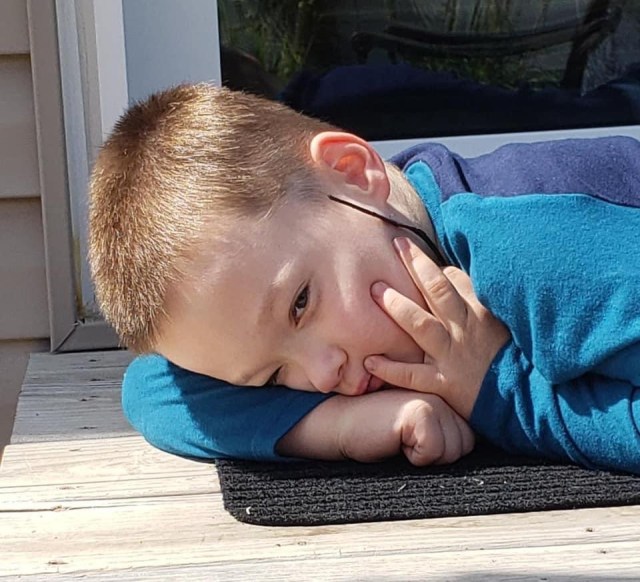
Inclusion. Quite possibly the most important piece of raising my child. What does that word even mean? It means a variety of things to a variety of individuals of course, but in its entirety, it means to be included by a group of people.
For my son, Beckett, what does that look like? You may think: “He doesn’t want to be around us. He doesn’t want to be included, Bri.” You may mean well. But my job as his mother, and a good human, is to educate and to advocate. To be his voice. So I’ll tell you, that in that instance, you would be wrong.
My son wants to be included, just like anyone else. He may need breaks. He may need some pauses of quiet, and solitude, and peace, just like anyone else. It just may be a bit more frequent for him.
He may not want to play cars, or house, or video games with your children. But he wants to be near them. He wants friends. He wants respect. He wants to be seen. A perfectly reasonable, unspoken request. That everyone deserves. Regardless of ability. Breaks are okay. Patience is necessary. And so is inclusion. More than anything.
For someone to say “Beckett, what are you watching/reading/doing? That’s neat! I’ll just sit by you if that’s okay.” That would mean the world. To him. To me. To attempt to enter his world, with no expectations or rules, but to just want to “be” with him. To know him is to love him. And I know that without a doubt. He undoubtedly makes this world brighter. A bit louder. A bit more unpredictable. And whole lot happier.
If others could look past the differences in “labels” placed across our chests (whether it be autism, or things like anxiety, depression, or the thousands of physical disabilities faced), and include all, this world would be a much better one. We’d have cracked “the code”, ‘round the globe.
I won’t stop fighting for my son, and all others like him, to be included. To be valued and not simply “tolerated” until I’m no longer here.











